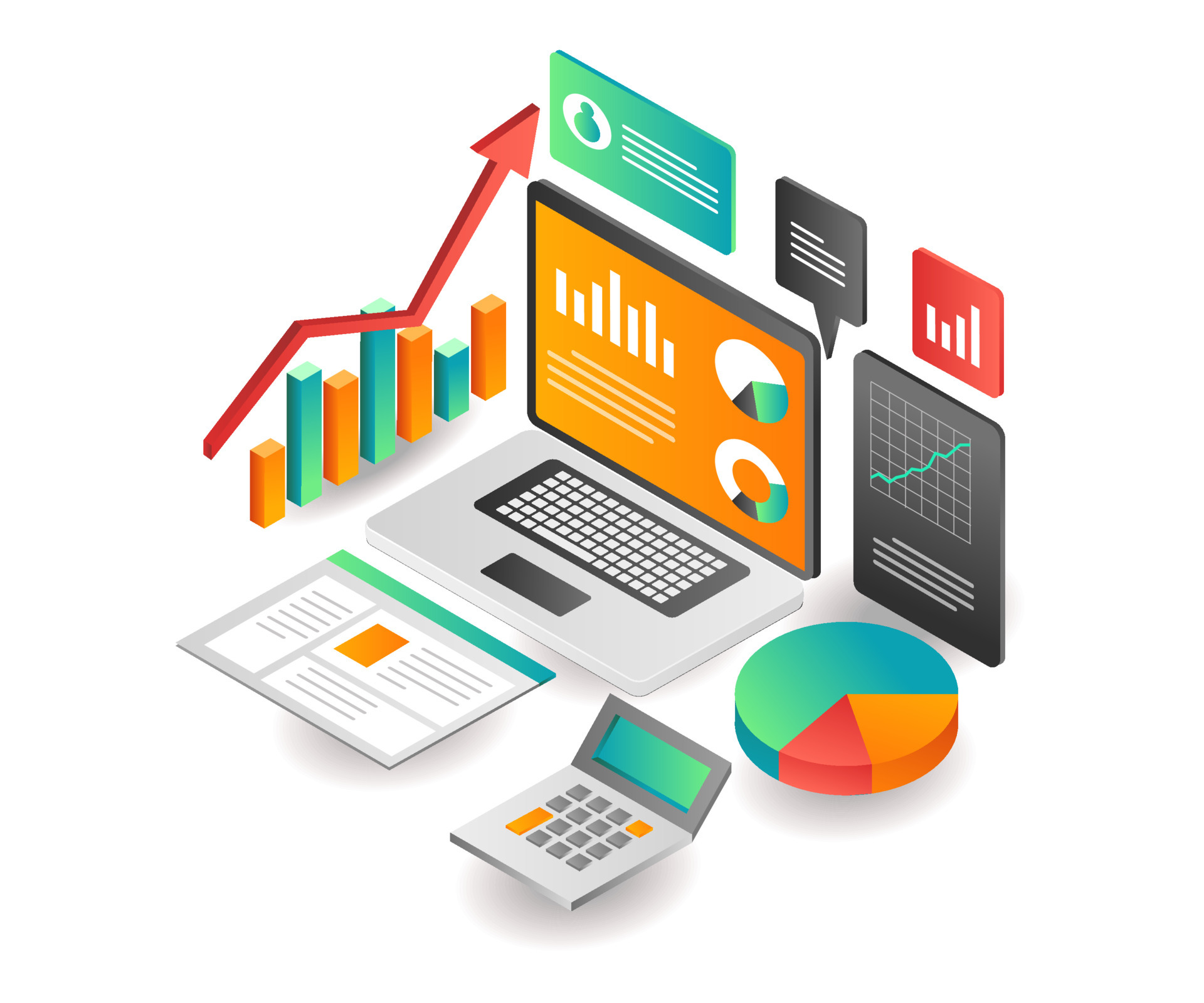Using Event Data to Get a Strategic Seat at the Table
An event data strategy is essential not only for designing more impactful events, but ensuring that event professionals are recognized by their organizations as strategic partners. The effective use of event data allows event owners to demonstrate the role they play in achieving wider business goals, improving customer loyalty and navigating an uncertain future.
Why does an event professional need an event data strategy?
Collecting data and, equally important, knowing how to interpret it effectively enables you to bring more value to your organization – not just by empowering you to make more informed (that is, data-driven) decisions, but to really gain insight into how your event contributes to wider business goals. This in turn allows you to secure a seat at the table as a strategic partner.
While some event planners view data as a professional quagmire, the fact remains that data will be the biggest criterion separating the wheat from the chaff as event and marketing teams continue to combine, as tech becomes increasingly important and data-rich, and as tech-savvy generations ascend to senior positions in their organizations. Planners who master the art of using data strategically can play a vital leadership role in their organizations.
But a common challenge for many event teams is finding the time and resources required to sit with the data and derive insights, or in some cases to develop the analytical proficiencies in the first place. For those without the capacity, working with a research partner can be a significant benefit.
Planners gain access to benchmarking and other interpretative tools to create event experiences and events that are strategically effective and have the impact they intend.
.png)
How does a data strategy help you bring value to your organization through more strategic decision-making?
The rise of event technology has brought a flood of new data, but not a flood of new insights. All too often the data is trapped in silos without a connection to wider organizational strategies. It’s not getting into the hands of people who need it. Opportunities are blocked for creating experiences that really speak to customer preferences.
Conversely, when a robust data strategy is in place, the organization can hold events that provide better experiences for participants and achieve company goals. It can also aid in the prediction of customer behavior, helping planners create even more effective events in the future.
Sophie Holt, managing director of Explori, notes that some event planners think data won’t tell them anything they don’t already know.
“All too often they are mistaking anecdotes for data, perhaps an effusive email from a happy speaker or the anger of a sponsor,” she said. “Anecdotes should not be used in place of data. It’s data that gives voice to the silent majority and reveals hidden trends.”
Even looking at past metrics such as attendance may not be very useful for future events, as they reveal what happened, but not what will happen. With the right tools, data can help predict how people will behave in the future. Even events that have always been well-attended can suddenly see an unanticipated drop-off. Perhaps people were only attending the event because there were no alternatives and now they have other choices.
With the right data and tools to interpret it, you get a more realistic picture of what people actually think of the event and what has to be done to retain their loyalty. Collecting and interpreting data from an event can answer such questions as whether people changed the way they think or feel, if they identify more strongly with the brand, if they will recommend the company as an employer, if they learned best practices for their work or if they might change their behavior at the next event. Indicators of behavioral change are powerful metrics for planners, allowing for improvements to be made for more impactful future events.
How can you develop the competence required to take advantage of the data at your disposal?
The first step is to recognize that you need a partner—not just a supplier—to help you achieve your goals. While a supplier can sell you a product, a partner goes beyond this by tailoring their services to fit your needs. In order to do so, the partner needs an understanding of your business objectives.
“Start with sharing your goals, show the big picture and tell what you are hoping to achieve,” advises Explori research director Suzanne van Montfoort. “What are the decisions you’re looking to make, who are the key stakeholders? There are so many moving parts, and giving clarity early on helps avoid confusion and delays.”
After discussing the goals, it’s important to look at the data you already have and
what gaps are there. What formats or languages are required? Do you want raw data that you can manipulate or do you want a more finished product? Also, discuss
your budget and what your procurement process is like.
For their part, the tech partner needs to explain the process of working with them, whether they can meet your deadline, if the project can be scaled down or up based on budget and what happens if you need to change the scope of the project.
“If someone promises too much, that should sound an alarm,” said van Montfoort. “Find someone you can work with. Taking time at the start to develop the scope and plan will save headaches later.”
How can this strategic business intelligence give you something to contribute to strategic discussions at your organization?
Armed with a rich array of insightful information, event pros can present top management and other stakeholders with a compelling visual data story on the influence events have on achieving organizational goals and creating customer satisfaction. Equally important in this uncertain era, planners can demonstrate how business intelligence can be used to help organizations avoid or at least minimize the harmful impact that unpredictable outside developments could have on future events and customer loyalty.
IN CONCLUSION
For event planners seeking to play a leadership role in their organizations, working with a research partner like Explori to develop an event data strategy is essential. Event data if interpreted correctly can go a long way toward helping organizations realize business objectives and grow customer loyalty.
***
Explori allows senior corporate event leaders to go beyond number of attendees. With our behavioural, sentiment, and cognitive measurement tools, you can discover how effectively your event strategy influences what stakeholders think, feel and do.
Find out how Explori helps corporate event organizers gather vital insights to demonstrate the impact of events against the wider company objectives. Know more
.png?width=150&height=61&name=explori_logo%20(1).png)


